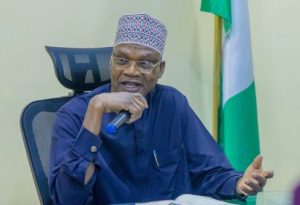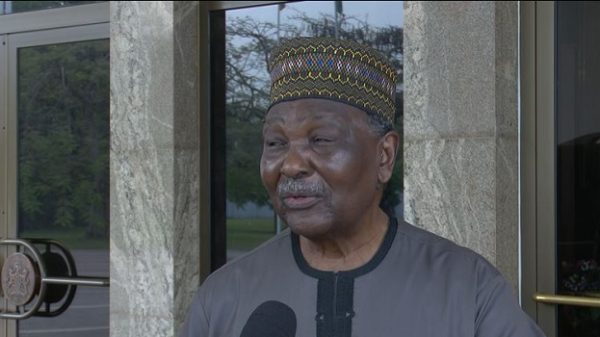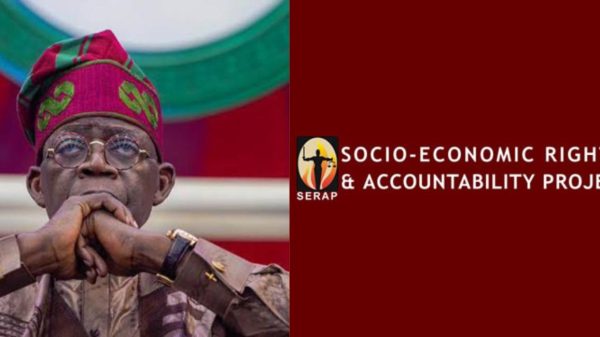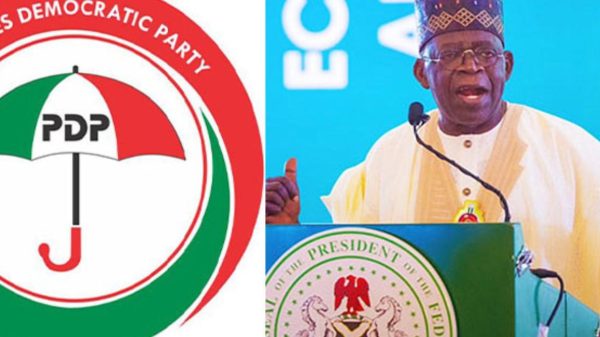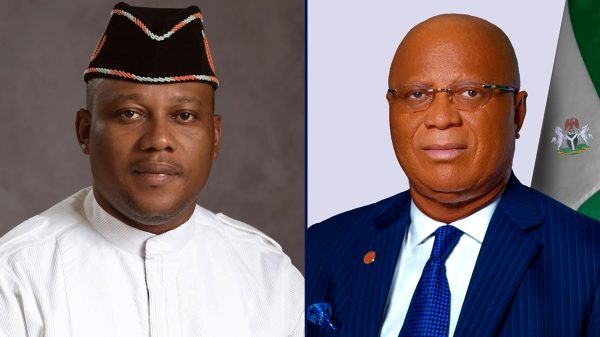The Federal Ministry of Education has announced plans to introduce a new school curriculum this month, aiming to address some of the key challenges facing Nigeria’s education system. This development comes as the country grapples with a growing number of out-of-school children and concerns about the quality of education.
Minister of Education, Prof. Tahir Mamman, revealed the curriculum update after a Federal Executive Council meeting, stating that it will target both primary and secondary schools. “There is a general concern about the behaviour and conduct of our young ones in the country and our social values,” Mamman said. “We are rolling out a new curriculum for primary and secondary schools in Nigeria from this October. It is designed to incorporate knowledge, skills, and values, with a special focus on skills, so that our students, when they graduate, will have skills that they can connect with the economy.”
The new curriculum aims to tackle the issues of deteriorating social values, with civic education becoming a critical part of the school system. However, there are concerns that this new curriculum alone may not solve the country’s most pressing educational challenges without addressing deeper systemic issues.
One of the main challenges is the increasing number of out-of-school children in Nigeria. The United Nations Children’s Fund (UNICEF) recently reported that 18.3 million children in Nigeria are out of school, the highest number globally. This alarming statistic has raised concerns that any educational reforms must prioritize addressing this issue.
UNICEF is currently working with the Universal Basic Education Commission (UBEC) to develop frameworks aimed at reducing the number of out-of-school children. According to experts, improving data collection and enhancing teacher training are essential components of solving this problem.
In addition to the out-of-school children crisis, Nigeria’s education system faces learning poverty, with many children unable to read or understand basic texts by age 10. The World Bank and UNESCO have identified learning poverty as a critical issue, with Sub-Saharan Africa seeing some of the highest rates.
A comprehensive four-year strategic plan introduced last year by President Bola Tinubu is also set to address these challenges. The President has made education a priority, approving projects like the DOTS initiative—focused on Data Repository, Out-of-School Children Education, Teacher Training and Development, and Skill Acquisition.
Educational stakeholders believe that the new curriculum must be supported by investments in teacher training, better data collection, and policies that improve access to education for all Nigerian children. Without these measures, experts warn that the curriculum could fall short of its intended impact.
Despite these hurdles, the government’s commitment to reforming the education sector offers hope. As Nigeria continues to face complex education challenges, stakeholders are optimistic that with the right strategies, the country’s education system can see significant improvements in the coming years.
